December 16, 2020
Don’t Touch that Pimple!
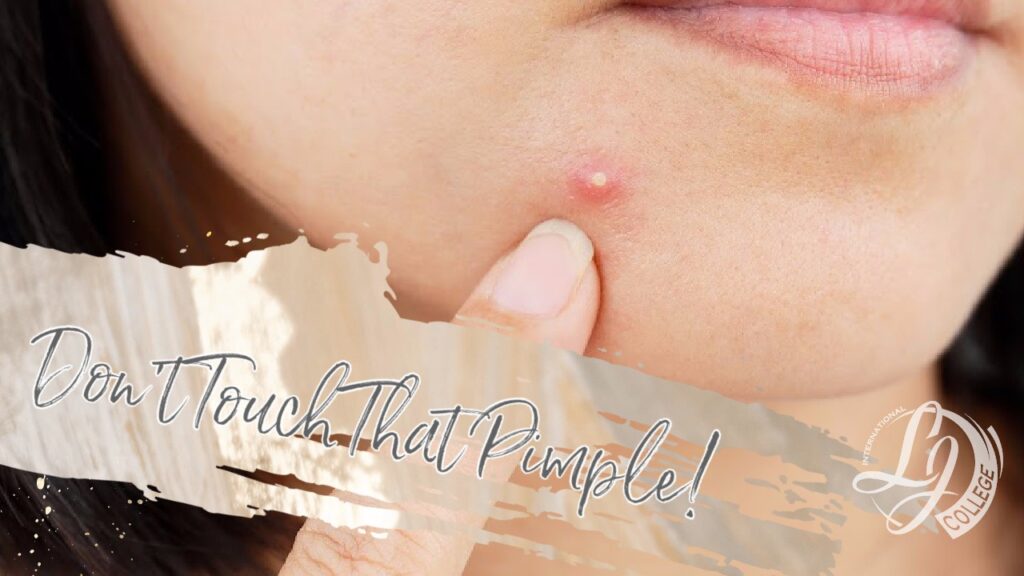
What are pimples?
Pimples are inflammation and an infection of a hair follicle or pore. Pimples can be a sporadic annoyance or a painful chronic nuisance with varying severity. Depending on the severity of the pimple it can be a small red inflamed bump that eventually develops a pus head before going away, or it can be a painful hard nodule that grows under the surface of the skin that never comes to a head.
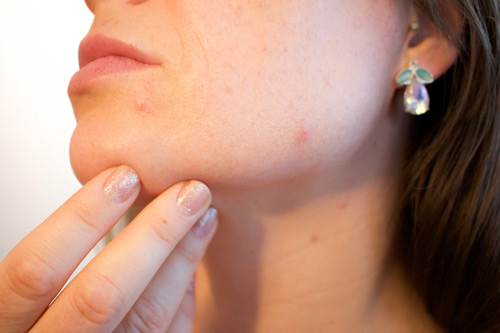
What causes pimples?
Figuring out why you are breaking out can be either very simple, or extremely frustrating. Whether simple or complex, a pimple is caused by the P. Acnes Bacteria that becomes trapped in the follicle. These bacteria begin to feed off of fatty acids or the oils found in the skin. Another component for the perfect storm leading to a pimple is lack of oxygen. When the follicle is plugged there is no oxygen, which is the perfect environment for the p. acnes bacteria to thrive and grow. Some of the most common reasons for breakout are hormone imbalances. This can be caused by starting puberty, starting, stopping or changing a hormonal birth control, pregnancy, your menstrual period or even menopause. Other common causes of acne are bacteria found on your pillow cases and sheets, bacteria on your cell phone or land line receiver, touching your face often, changing toothpaste, not cleansing your face at night and sleeping in makeup, overly harsh products, products containing comedogenic ingredients, food intolerances such as dairy, sugar and gluten, and sensitivity to products or medications and stress.
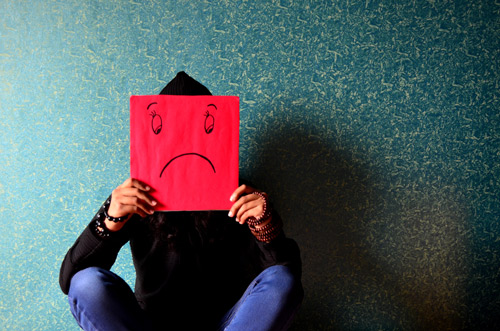
What can you do?
So, you developed a pimple, what should you do about it? First, do not try and pop it! Incorrectly popping a pimple can result in spreading the infection, bursting the follicle wall, bruising, scaring or hyperpigmentation (dark spots). If an esthetician is able to, they can properly and safely extract the pimple.
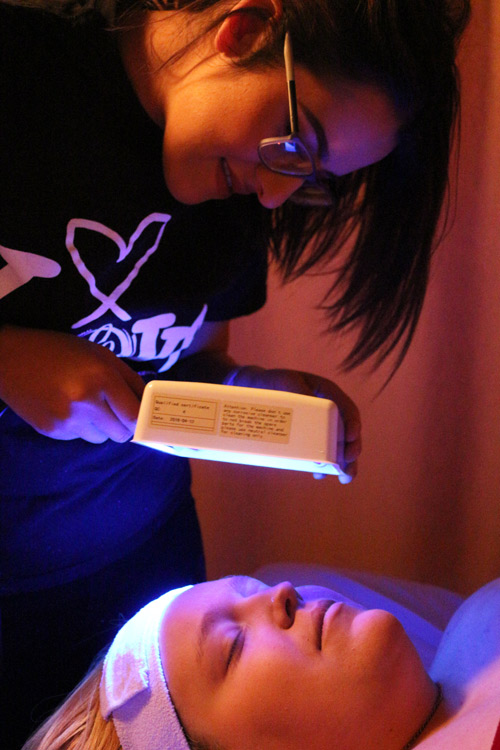
Make sure you are washing all of your pillow cases and sheets frequently, a minimum of once a week. Wipe down your cell phone or receiver with an antimicrobial wipe daily.
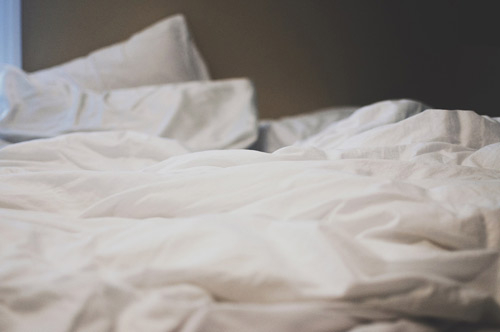
Start a skin care regimen if you do not already have one. If you don’t know where to start, consulting with an esthetician is a great first step. An esthetician will analyze your skin and recommend services and products. Your skin may have to purge itself to begin the clearing process, this means it may get worse before it gets better. Ingredients that are acne fighters are salicylic acid, which can be applied in a cream or found in cleansers and moisturizers, but most effectively used as a chemical exfoliation to deep clean the pore. Benzoyl peroxide will introduce oxygen into the pore to kill the bacteria causing the pimple, but it can be drying if overused. Tea Tree oil can also be found in products and can help to stop the growth of the acne causing bacteria.
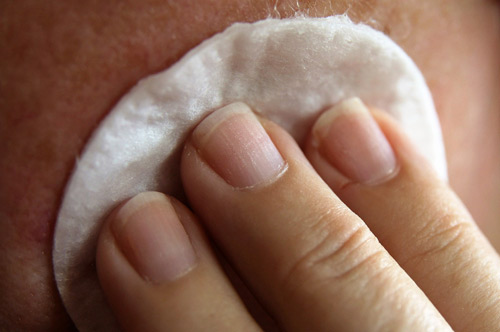
Do not overlook your moisturizer! While your skin may be oily it may still be lacking hydration! A light weight moisturizer can help to restore a lipid moisture balance and lead the way for glowing healthy skin.
Patience is key! Another very important point is that your skin will not clear overnight and it may take several weeks or even months to get you completely clear.
Home care is also so important! Diligently following the home care regimen recommended to you by your esthetician or dermatologist will ensure you the best results possible.

If you have an established skin care regimen and are working with an esthetician or dermatologist and you are still not seeing results, look towards your diet. Talk to your doctor about cutting out dairy, gluten and added sugar. These three are aggravators of acne! Adding in a good probiotic to boost the presence of good bacteria in the gut can help as well! Sometimes acne is an outward manifestation of an internal issue. ** Educational purposes only, not to be used as medical advice, always consult with your doctor about any changes in medication or diet.**

Leave a Reply